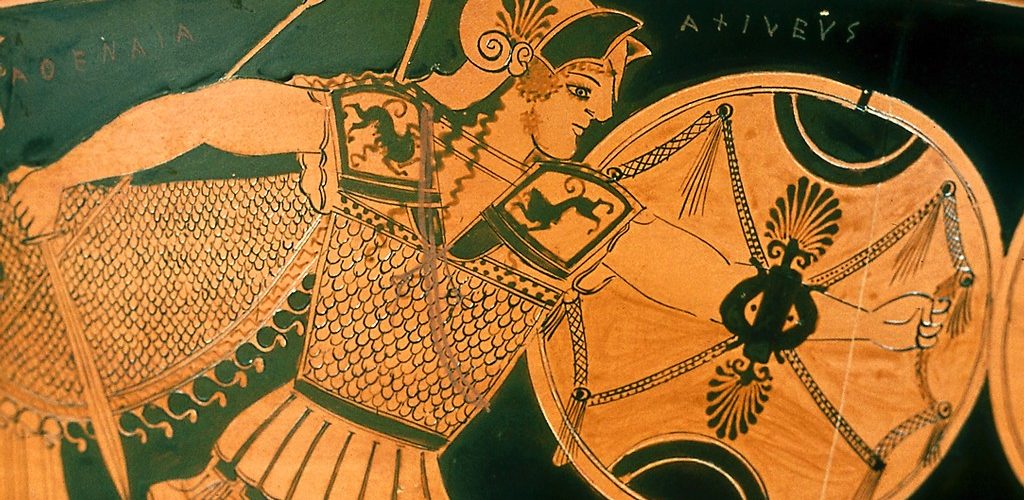Is Capital Punishment the Same Thing as Taking Up the Sword?
Podcast: Play in new window | Download
Subscribe: RSS
 Would you explain Genesis 9:6? Is Jesus saying the same thing in Matthew 26:52?
Would you explain Genesis 9:6? Is Jesus saying the same thing in Matthew 26:52?
The context in which we find this verse contains instructions given by God to Noah and his progeny for the repopulation of the earth. We should consider Genesis 9:1-7 to be concerned with the proper preservation of the species for which Noah and his sons were stewards. Thus, God gives instruction concerning the appropriate use of animals for food (9:3,4). God then turns his attention to man stating that when either man or animal take the life of man, the life of the one responsible will be required. Genesis 9:6 then states, “Whoso sheddeth man’s blood, by man shall his blood be shed: for in the image of God made he man.”
Man was created in God’s image and after God’s likeness according to Genesis 1:26. Man thus has a moral aspect to his nature that raises him above the level of a brute beast. It is normal and natural for wild animals to so hunt, kill and devour animals of a different kind, or even their own, but for man, such is neither normal nor natural. Man’s unique position in relationship to God affords him special status regarding his life; neither beast nor other men may so take man’s life except they forfeit their own for their crime. This is not to say that the one who deserves such punishment cannot be punished by other men. Certainly, if God commanded men to kill the one who murders, then men may so carry out God’s command without offense to God. Hence the passage under consideration applies to illegitimately ending another person’s life, not to executing God’s sentence for said crime.
The context of Matthew 26:52 is somewhat different. In this passage, Peter had just struck off Malchus’ ear (John 18:10). No doubt, Peter was not aiming for the ear, but for the head. Peter’s actions were presumably an effort to defend Jesus against the soldiers sent by the high priest to take Jesus into custody. Jesus, however, required no defense. So, he says to Peter, “Put up again thy sword into its place: for all they that take the sword shall perish with the sword.” The lesson to learn is that the gospel is not advanced with the sword, but through means of peaceful persuasion. Those who act otherwise may very well find their life ending by the same means they used to advance their cause.
Jesus statement here is not one of legislation, but rather a proverbial moral principle. In that aspect, it is different from Genesis 9:6. The statement in Genesis 9:6 was legislation given by God for regulating the affairs of men when murder occurred. Jesus, however, is not so much legislating as stating a general proverb. Proverbially speaking, the expression “all they that take the sword shall perish with the sword” means that the person who results to violent means to advance his cause will usually end wind up with violence being perpetrated against him. In other words, violence begets violence, and such is not the appropriate means by which Peter nor the rest of the apostles, who recently were ready to use violence to advance Jesus’ cause (Luke 22:36-38), were to be using their energies.
On the other hand, the two passages are similar regarding the fact that they both relate to the value of human life. When one sheds blood, whether justified or not, one takes upon him the risk of having his own blood shed. The best thing to do is to avoid such circumstances.
In conclusion then, the passages, while touching upon the same subject, deal with different circumstances. Genesis 9:6 is legislation for the punishment of those who would do evil. Jesus’ comments, however, are for the protection of those who seek to do good. In that regard, if we seek to avoid evil and do that which is good, then we will avoid circumstances that involve taking up arms against other men.

